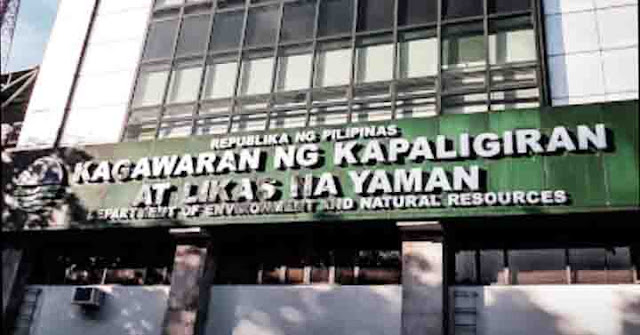 |
| DENR pushed for a new resolution on a legally binding global agreement to address plastic pollution during the UN Environment Assembly from February 28 to March 2. Photo: DENR/Facebook |
During the United Nations Environment Assembly (UNEA 5.2) held from February 28 to March 2, the Department of Environment and Natural Resources (DENR) pushed for a new resolution on a legally binding global agreement to address plastic pollution.
The legally binding agreement on plastic pollution aims to reduce its discharge into the environment by addressing all stages of its life cycle and implementing a circular economy approach to its design, manufacture, use, and disposal.
However, DENR's Climate Change Service Chief of Climate Change Information and Technical Support Division Albert Magalang, who led the Philippine delegation in the plastic treaty negotiations at UNEA 5.2, emphasized that the "global agreement should consider national capabilities and circumstances."
The agreement would also address plastic pollution from preventive measures in the upstream part of the lifecycle to waste management in the downstream to prevent plastic pollution in the marine and other environments.
The new resolution would also support the goals outlined in the 2030 Agenda for Sustainable Development, which provides a shared blueprint for people to live in peace and prosperity.
The United Nations Environment Programme (UNEP) hosts the United Nations Environment Agency (UNEA), which is the global authority on the environment, with programs focusing on climate, nature, pollution, and sustainable development.
Aside from UNEA 5.2, UNEP is also celebrating its 50th anniversary this year, which is regarded as a watershed moment in the global environmental community.
In commemoration of UNEP's 50th anniversary, DENR Acting Secretary Jim O. Sampulna emphasized the importance of speed in enacting policies and forging agreements for the environment.
According to Sec. Sampulna, the environmental consequences we are experiencing are all traceable to humans, such as climate change, which exacerbates hazards and causes disasters worldwide.
The new DENR chief also stated that environmental consequences could be alleviated by providing means of implementation to developing countries such as the Philippines in areas such as finance, technology, and capacity building.
These environmental consequences, according to Sampulna, include the "massive disappearance of our support systems such as natural resources and their biodiversity, the massive choking of our oceans due to plastics, the rise of zoonotic diseases such as COVID-19, and the deterioration of our health from chemicals and wastes."
He also strongly advocated for preventing and reducing residual effects to become the unifying standard of member-state collective work. —Tacloban News Update (Source: DENR)
